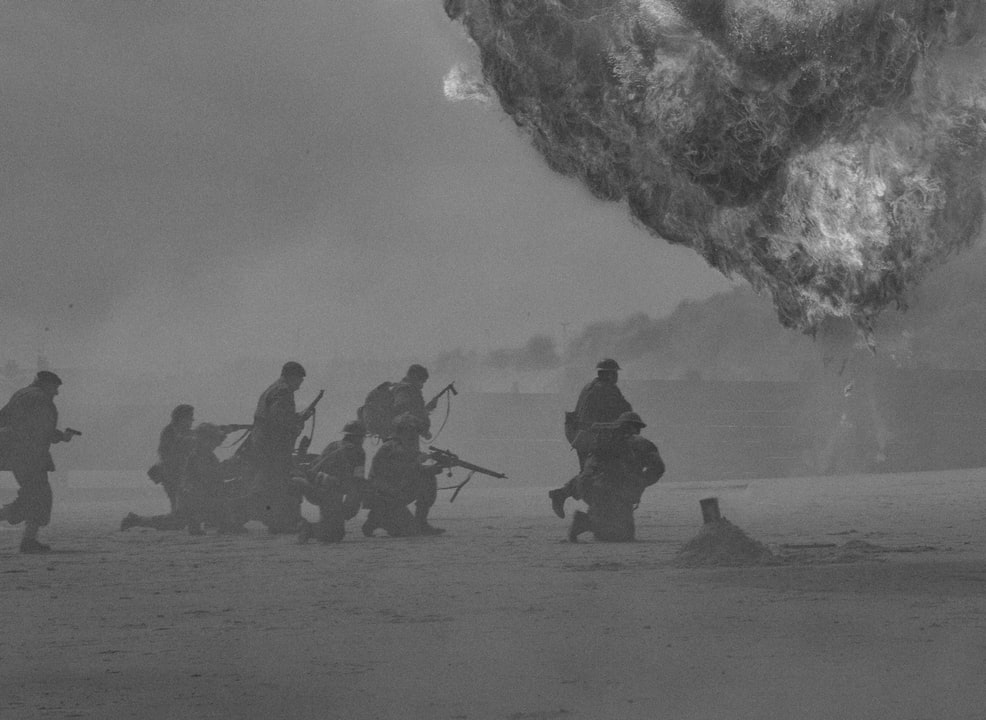Religion itself retains an ambiguous nature, therefore any answers in regard to the effects of religion are at their core vague and inconclusive, but attacking the matter from different angles, one can attempt to come close.
The question of whether those who practice a religion are weak compared to those who choose to live without religion is not essentially one of weakness. In fact, those who are deeply rooted in their faiths often exude an inner strength which not only gets them through their daily routines but shapes moral foundations for themselves and their futures. Some people are born into a religious family or community, and to be a member, religion is often the cornerstone. Ultimately, at some point in time, the individual will question if they truly believe in their religion, and in doing so will also question if they believe in their community; their family. The process could take a nanosecond, or could be a lifelong process, but does this questioning entail a crack in the foundation? If anything, it helps the individual solidify who they are at heart, what their destined place in life will be (humor destiny).
 The media, especially television, love to show in some of their most dramatic scenes, a ‘deathbed conversion’. The event is as it sounds: someone very near to death, a non-believer’, just before expiration, blurts frantically (usually for Christianity) that Jesus Christ is the path to heaven and asks God to pardon his/her discretions on earth. This seemingly common phenomenon reveals the fear of uncertainty. Now, does fear constitute a weakness? Without fear, how would homo sapiens have reached this point in existence? It is the lack of fear which can be detrimental to society. Take, for example, the effects of human pollution on the environment. No one was afraid of ozone depletion 50-60 years ago, but now there is a scramble for a chance at life in the future.
The media, especially television, love to show in some of their most dramatic scenes, a ‘deathbed conversion’. The event is as it sounds: someone very near to death, a non-believer’, just before expiration, blurts frantically (usually for Christianity) that Jesus Christ is the path to heaven and asks God to pardon his/her discretions on earth. This seemingly common phenomenon reveals the fear of uncertainty. Now, does fear constitute a weakness? Without fear, how would homo sapiens have reached this point in existence? It is the lack of fear which can be detrimental to society. Take, for example, the effects of human pollution on the environment. No one was afraid of ozone depletion 50-60 years ago, but now there is a scramble for a chance at life in the future.
The common misconception that some people have about the non-religious is their uncertainty.
Yes, in nearly all religions, the after-life is explained in a way that is tangible for humans to achieve in spirit, but what do the non-religious think of life after death? It depends on the non-religious person, and if that person really claims to be non-religious. In a way, atheism is its own religion. It generally tends to follow the rules of science and refute religious traditions as being impractical or impossible; the only other beyond-life occurrence afterlife with this ‘religion’ is decomposition. Does a non-religious person live a life of uncertainty because they have no ethereal support? The deathbed conversion is more of a ‘better safe than sorry’ approach than a fully devout cry of repentance.
The belittlement and negation of the values or norms that are essential to a community’s identity can ignite the battle of the species.
Those sacred differences have made, are making and will always make religion a catalyst for war. It is inevitable. Tolstoy wrote in “War and Peace” that the actual act of war will depend on those at the front-line. The man-v-man morality check, where before the first shot is fired, they question whether their religion and way of life are worth claiming the life of another being. All it takes is one finger to pull the trigger and ignite the war, and it seems religion has yet to lose.






